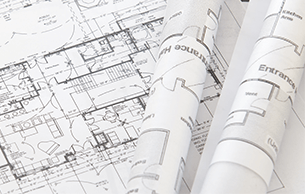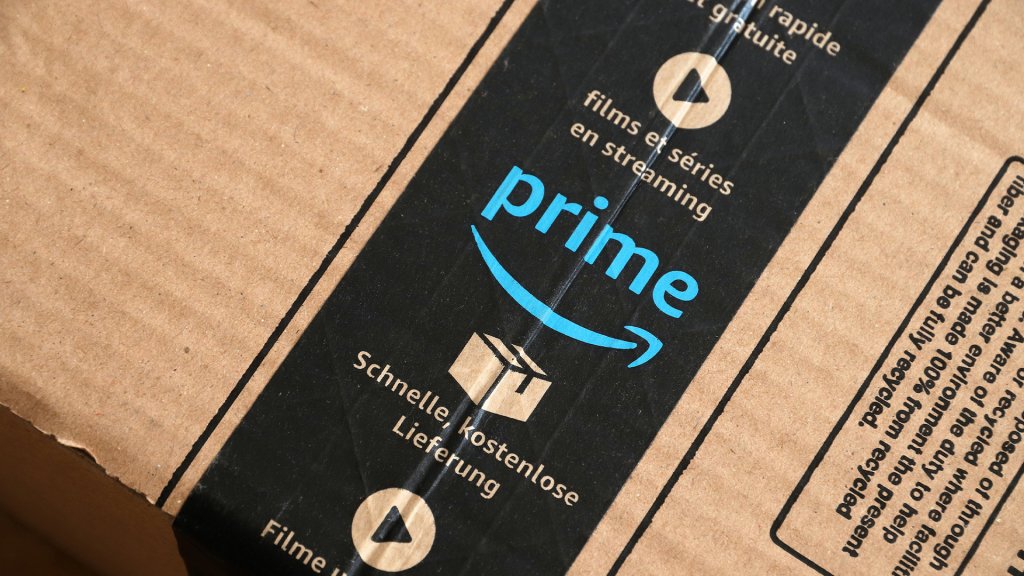Efficient logistics operations are the backbone of successful businesses across Europe. From ensuring timely deliveries to managing complex supply chains, logistics plays a critical role in meeting customer expectations and maintaining profitability. However, as market demands grow and regulations evolve, European businesses face increasing pressure to optimise their logistics processes.
Challenges such as rising operational costs, supply chain disruptions, and sustainability requirements highlight the need for innovative solutions.
Optimising logistics begins with focusing on its foundational elements. Careful planning, resource allocation, and a commitment to continuous improvement are vital. Businesses must embrace a proactive approach, analysing current inefficiencies to drive meaningful changes.
In Europe, logistics trends such as sustainability and regulatory compliance also shape decision-making. Companies are expected to align their operations with environmental goals while adhering to stringent cross-border trade requirements. Addressing these needs requires a combination of strategic foresight and effective execution.
By adopting key strategies and leveraging advanced technology, businesses can stay competitive and achieve seamless logistics operations.
Adopting Technology to Streamline Operations
Technology serves as a transformative force in modern logistics, enabling businesses to overcome longstanding challenges. Automated processes, robotics, and artificial intelligence are becoming commonplace in warehouses, significantly enhancing accuracy and reducing manual intervention. These advancements not only save time but also minimise errors, providing a competitive edge.
One such pivotal technology is the warehouse management system (WMS). Providers like Balloon One deliver robust solutions designed to optimise warehouse operations. With features such as real-time inventory tracking, automated workflows, and advanced reporting, a WMS allows businesses to streamline their supply chain from start to finish. By integrating these systems into their operations, companies can improve efficiency while maintaining flexibility to adapt to changing demands.
Improving Supply Chain Visibility
Maintaining visibility across the supply chain is essential for efficient logistics. With real-time tracking and data analytics, businesses can identify bottlenecks and respond to disruptions proactively. These tools provide valuable insights, enabling organisations to make informed decisions that reduce delays and improve overall performance.
Collaborative partnerships also enhance visibility, fostering better communication between suppliers, distributors, and retailers. By working closely with stakeholders, companies can create a seamless network that prioritises transparency and accountability.
Sustainability and Eco-Friendly Practices in Logistics
Sustainability has become a central focus for European businesses aiming to meet environmental standards and appeal to eco-conscious consumers. Logistics operations are no exception. Companies are exploring ways to reduce emissions, minimise waste, and adopt greener practices throughout their supply chains.
For example, optimising delivery routes with advanced software can significantly cut fuel consumption. Electric vehicles and energy-efficient warehouse systems also contribute to reducing carbon footprints. Additionally, implementing circular logistics models—such as reusing packaging materials—aligns with sustainability goals while lowering costs.
Technology plays a pivotal role in supporting these initiatives. From automating energy-efficient processes to tracking environmental impact, digital tools help businesses stay accountable and transparent in their sustainability efforts.
Enhancing Workforce Productivity
No matter how advanced the technology, human expertise remains essential in logistics operations. Empowering employees through training and upskilling can improve productivity while ensuring that teams can effectively utilise new tools and systems.
Warehouse systems that integrate user-friendly interfaces and automation reduce the likelihood of manual errors and allow workers to focus on higher-value tasks. By leveraging such systems, companies not only enhance operational efficiency but also create a more engaging and rewarding work environment for their staff.
Furthermore, fostering a culture of collaboration and innovation can lead to continuous improvement. Encouraging employees to identify inefficiencies and propose solutions ensures that the workforce is actively contributing to the organisation’s success.
Future Outlook for European Logistics
The logistics industry in Europe is poised for significant advancements, driven by emerging technologies and changing market dynamics. Predictive analytics is expected to play a key role in forecasting demand and streamlining inventory management. These tools enable businesses to anticipate potential disruptions and maintain operational resilience.
Additionally, the adoption of sophisticated software solutions like Korber WMS is gaining traction. These systems combine cutting-edge features to improve accuracy, enhance supply chain visibility, and support long-term sustainability goals. As businesses prioritise innovation, these technologies will become critical in shaping the future of logistics.
Looking ahead, companies must remain adaptable to meet evolving customer expectations and industry challenges. By embracing technology and focusing on continuous improvement, European businesses can optimise their logistics operations and secure a competitive advantage.
Conclusion
Optimising logistics operations requires a strategic approach that balances innovation with practicality. From adopting advanced technologies to fostering collaboration and sustainability, the strategies outlined here empower businesses to achieve greater efficiency and resilience.
As the logistics landscape evolves, companies that invest in technology and prioritise continuous improvement will be well-positioned to thrive. By integrating tools such as warehouse management systems and focusing on workforce development, businesses can create robust operations that deliver long-term success.






























